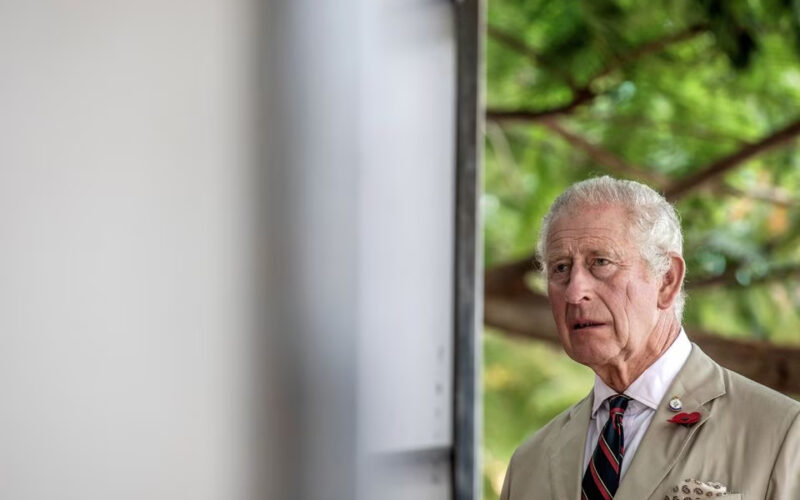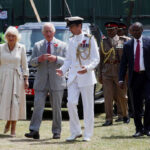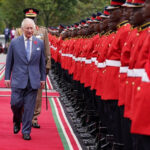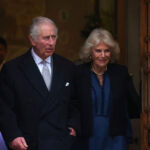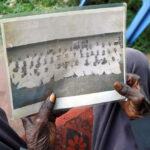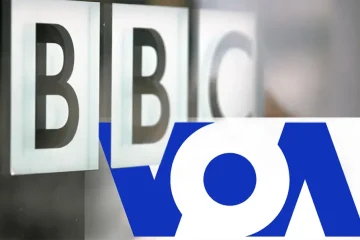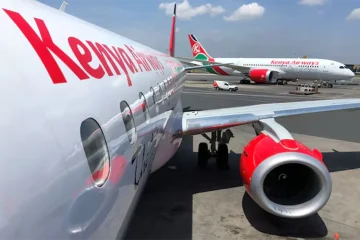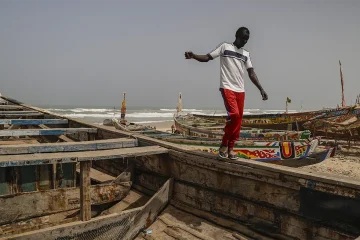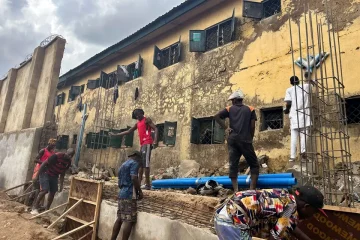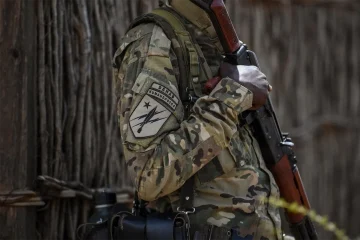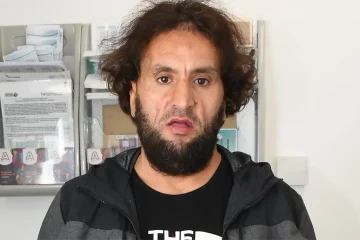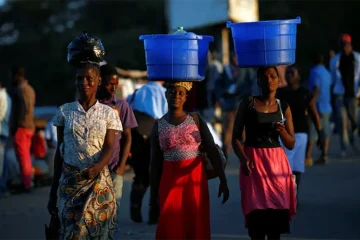KING Charles and Queen Camilla toured East Africa’s oldest mosque and an ancient fort as they concluded a four-day state visit to Kenya marked by questions about Britain’s colonial legacy.
Charles met Muslim, Christian, Hindu and African traditional faith leaders in the coastal city of Mombasa and toured Fort Jesus, built by the Portuguese in the 16th century. Heavy rain prevented the royal couple from riding an electric tuk-tuk between venues.
The visit, Charles’ first to a former British colony since ascending to the throne in September last year, focused on the two countries’ close cooperation on economic development, climate change and security issues.
He expressed his “deepest regret” for the violence endured during Kenya’s independence struggle but did not offer the apology that many victims and their descendants had called for.
British forces killed, tortured and detained tens of thousands of Kenyans during the 1952-60 Mau Mau revolt, and the colonial regime confiscated vast tracts of fertile land across the country over nearly seven decades of rule.
Charles’ remarks, which Kenyan President William Ruto called a good first step, stood in contrast to comments by German President Frank-Walter Steinmeier during a visit to neighbouring Tanzania this week.
Steinmeier apologised to victims of Germany’s colonial rule there in the late 19th and early 20th century and asked for forgiveness for the brutal suppression of the 1905-1907 Maji Maji rebellion, during which up to 300,000 people died.
“Since Germany got an opportunity to ask Tanzanians for forgiveness, that is a very big step in admitting that they indeed wronged our African brothers,” said Derrick Amuli, a musician in Mombasa.
“On the other hand, the British have not come to the realisation that they need to apologise to us, because it seems as though we are forcing them to apologise. They need to apologise like the rest,” Amuli said.
The UK government agreed to a 20-million-pound ($24 million) out-of-court settlement in 2013 to more than 5,200 survivors of abuses during the Mau Mau revolt but has refused to issue an apology and has rebuffed claims by other communities.
Britain’s High Commissioner to Kenya said last week that an apology by Charles would take his country into “difficult legal territory”.

